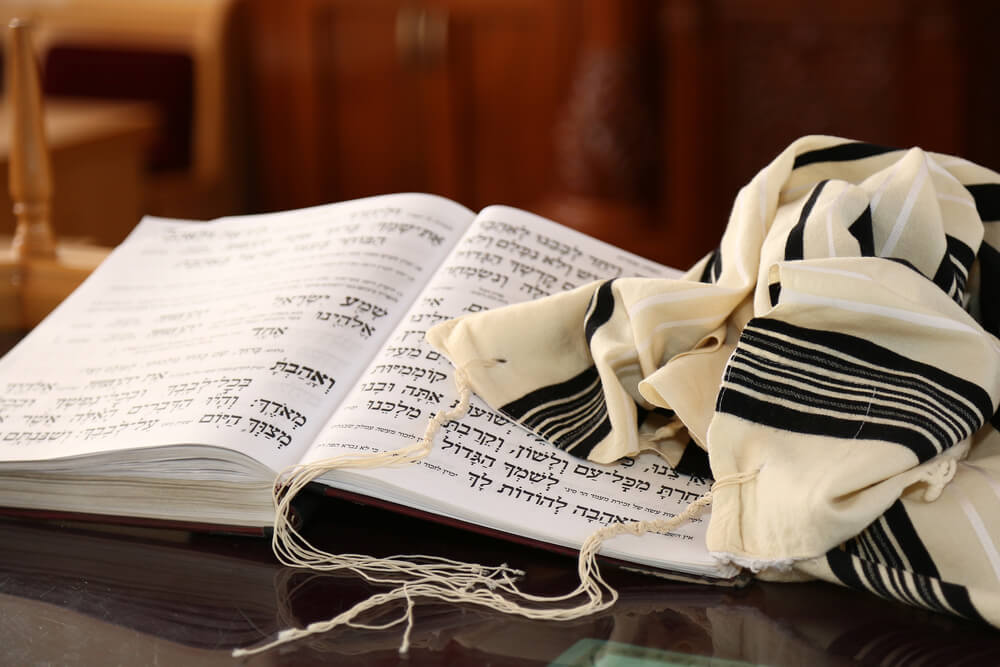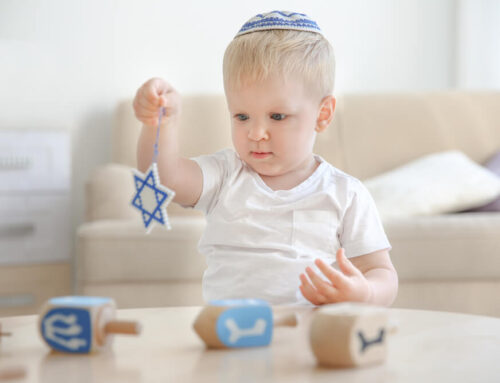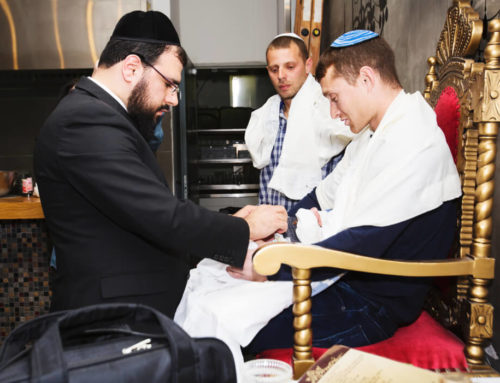Chances are, you already know quite a few things about this Jewish religious circumcision ceremony. However, do you know about the historical background of the brit milah? Do you know every custom and tradition related to the ceremony?
If not, this blog post will help you learn some quite exciting facts about the bris ceremony. For instance, you’ll learn about the roles of the kvaters and the sandak and other customs related to the bris.
And, if you are already looking for an expert to perform the procedure, feel free to contact Andrew Krinsky, mohel, after reading the blog, to perform a Jewish circumcision in Florida.
- Abraham Was The First to Get Circumcised
More precisely, he was 99 when God appeared to him with the instructions to circumcise himself and the rest of the male family members in the house.
- Isaac, Abraham’s heir, was the First to get Circumcised on the Eighth Day
In a traditional sense, Isaac was the first to receive a bris ceremony that’s still performed today, on the eighth day of his life. The procedure was performed by his father, Abraham.
- The Jewish Circumcision is Referred to as a Brit or Bris Milah
When etymologically deconstructing the term brit milah, we get the Hebrew words for covenant and circumcision. Literally, brit milah means covenant circumcision, which signalizes the connection between the Jewish community and God.
- The Mohel Performs the Brit Milah
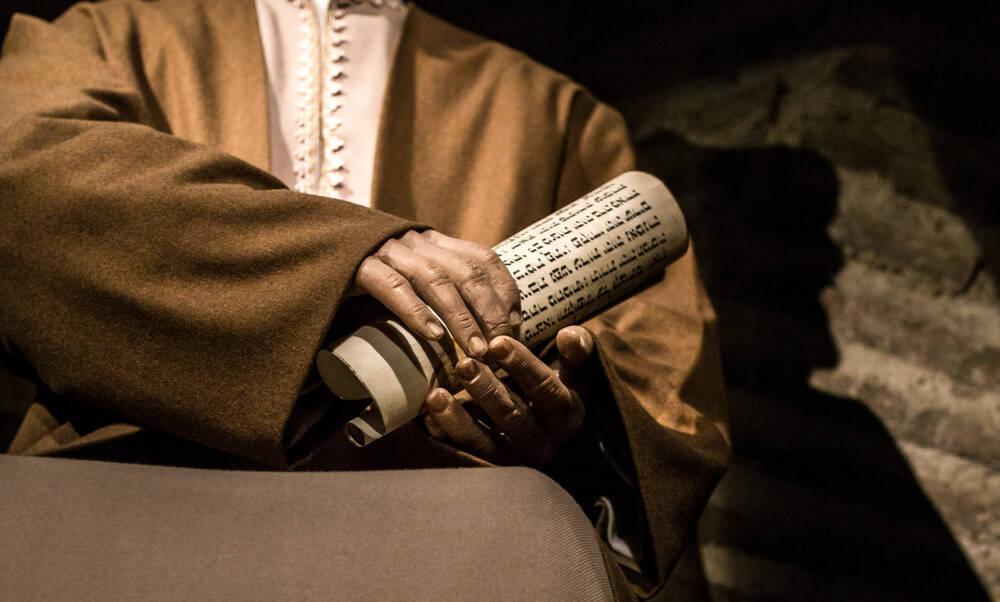
The mohel is responsible for professionally executing the Jewish circumcision. Traditionally, carrying out this task would be up to the father, but most often, fathers entrust an expert to perform this mitzvah to mohels. Usually, it’s a free service, but it’s proper to compensate a mohel. However, when the expert refuses to perform the ceremony for free (especially in the case of poor parents the Jewish court, or beth din, can reprimand him.
- Judaism has No Female Circumcision
According to the Talmud, women do not require a brit milah because they already possess the holiness that comes with a bris ceremony. According to the faith, they are already circumcised.
- The Ceremony is Usually Performed in the Morning Hours
The eighth day in its entirety is good for performing the bris ceremony, excluding nighttime. Typically, the brit is performed in the morning to show how excited the family is to perform the mitzvah.
- A Brit Can Be Held on Shabbat or other Jewish Holidays
More precisely, in some circumstances. Generally, the obligation to get circumcised on the eighth day can override Shabbat laws. The brit ceremony can be performed on a Shabbat when it’s on the eighth day, but only after vaginal birth. In the case of a C-section, or when the ceremony is delayed due to health reasons, it won’t be performed on Jewish holidays or a Shabbat.
- The Child’s Health Comes First
The mohel usually inspects the boy before the bris ceremony. When the mohel identifies any possible health concerns, he can decide to delay the procedure until he (and the baby’s pediatrician) are sure that there will be no complications.
- The Sandak is the Person who Holds the Baby
The “godfather,” or the sandak, is the one who holds the baby during the bris ceremony. The person is typically sitting during, with the baby on his lap throughout the event.
- Elijah Attends Every Brit Ceremony
The Chair of Elijah is always set up at Jewish circumcisions because God commanded him to always be present at these events.
- The Kvaters Give the Sandak the Baby
First, the mother gives the kvaters the baby who are responsible for bringing him to the brit ceremony. First, the parents give the baby to the woman (kvaterin), who gives it to her husband (kvater), who then brings it to the sandak. The role of the kavters is often given to those couples who are struggling with pregnancy in hopes that by participating in a brit ceremony, they will receive a child blessing.
- Throughout History, these Ceremonies weren’t Risk-Free
Even back in ancient times, when the Greeks and the Romans were occupying Israel, parents and mohalim were risking babies’ and their own lives performing Jewish circumcisions even when they were forbidden. These ceremonies were also banned in recent times, like in the era of Communism.
- The Baby’s Name is a Secret, Revealed only after the Bris
The community prays for the baby boy following the event, announcing his name the first time. Usually, the parents keep their son’s name a secret up until the brit milah.
- Before the Ceremony, Many Parents Stay up all Night
It’s customary to pull an all-nighter studying the Torah. The father reads about the significance of the Jewish circumcision from the excerpts from Zohar. This phenomenon, or sacred event, is referred to as the vach nacht or the Brit Yitzchak.
- Those Who Convert to Judaism will also get Circumcised
Apart from a bris milah, when a male converts to the Jewish faith, he must also accept all the commandments and cleanse himself in a mikvah. If the convert has already undergone circumcision, drawing a drop of blood symbolically will replace the brit ceremony.
- A Celebratory Meal Follows the Circumcision
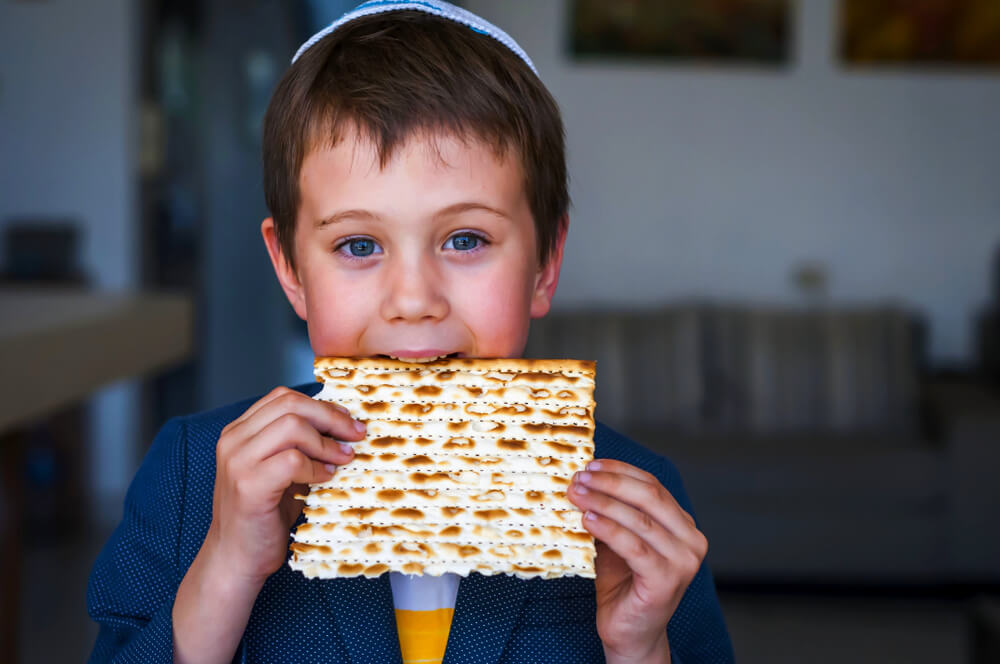
The brit milah is usually celebrated by a large festive meal, just like in the case of weddings. The menu usually consists of fish, bread, dairy toppings, and coffee, but meat and wine can also be served.
During this event, people are allowed to hold speeches on different Torah topics, like the mitzvah’s importance, the baby’s birth, or the name the parents have chosen.
- The WHO Actually Recommends Circumcisions
The WHO or World Health Organization promotes circumcision as a potent way to fight specific diseases. In that sense, that WHO’s stance on the subject has nothing to do with the Jewish faith or religion whatsoever.
- Eight Symbolizes a Leap Beyond the Earthly
The significance of the eighth day has been a topic of several discussions, and there are a few theories that aim to address its explanation. According to the most popular theories, the eighth day represents something spiritual, special, and sacred. It symbolizes the connection to God, adding a layer of spirituality to it. Since the Earth was created in seven days, there are seven heavens and seven days of the week. Seven in these cases signifies logic and the natural order of how things happen. In this respect, eight, or the eighth day represents a connection to the divine and infinity.
Learn More About this Important Ceremony from a Professional
As you can see, the historical background of this event goes deeper than just a religious ceremony. It’s among the most significant mitzvahs of the Jewish faith, which is utterly intricate and complex, surrounded by traditions and often strict religious rules.
To learn more about this sacred ceremony, contacting an experienced mohel should be high on your priority list, especially if you are expecting a baby boy and want him to join the covenant. If that’s the case, feel free to reach out to our practice and schedule an appointment with Dr. Krinsky.



